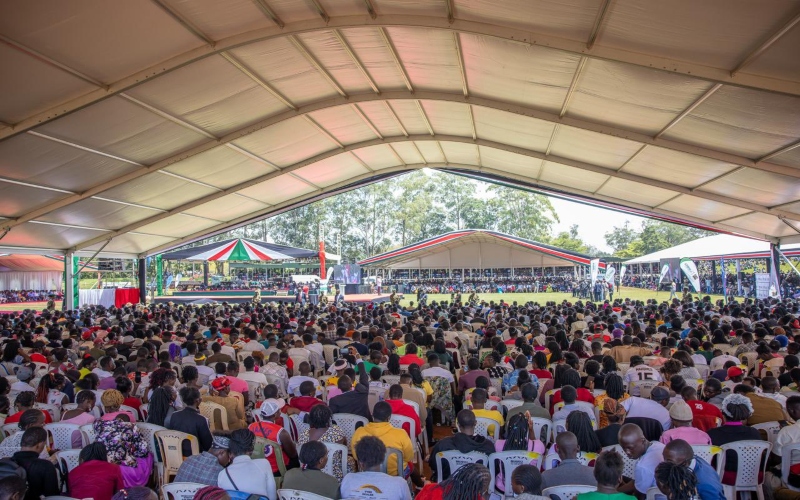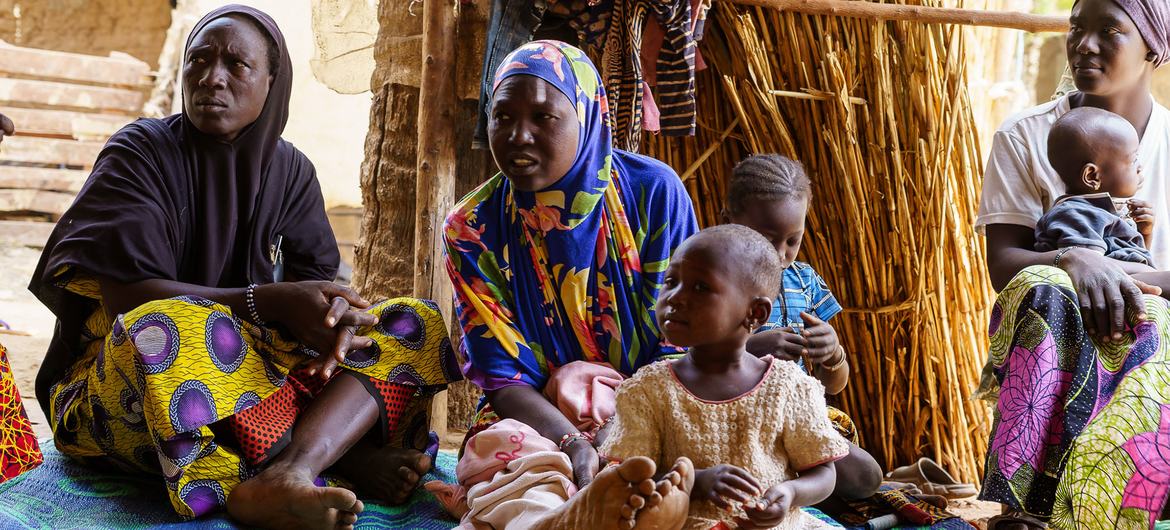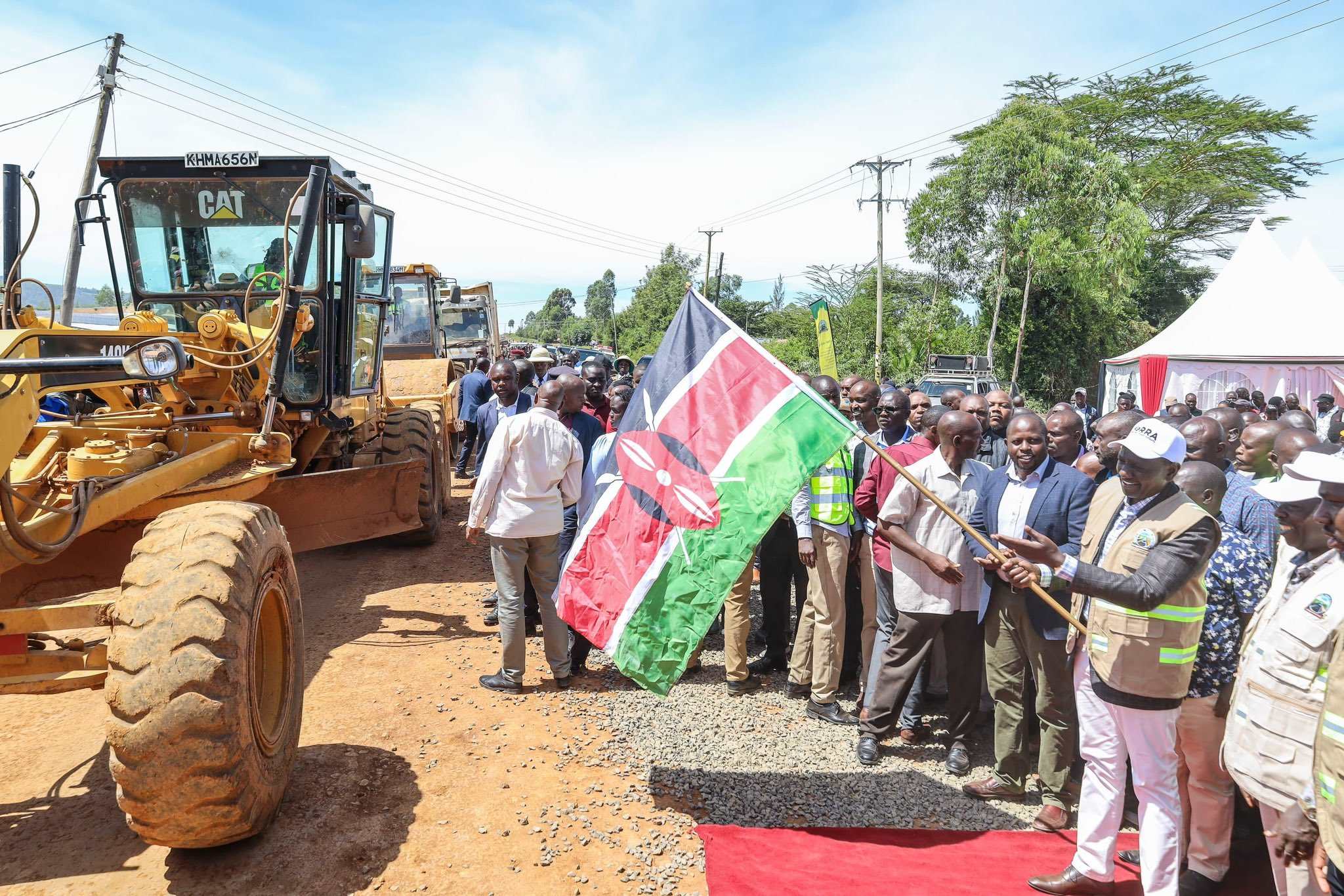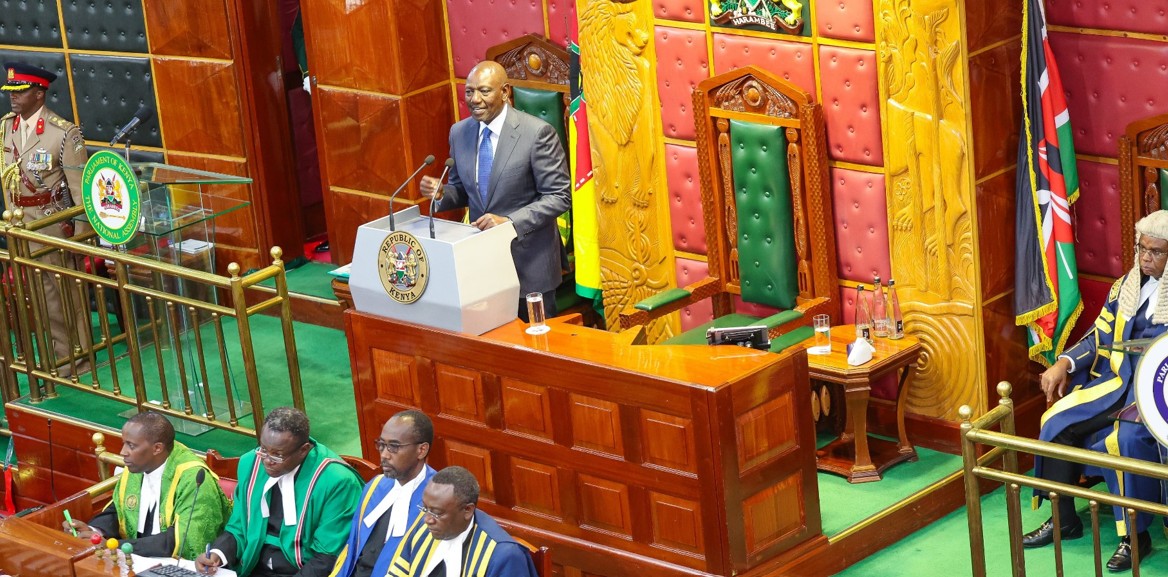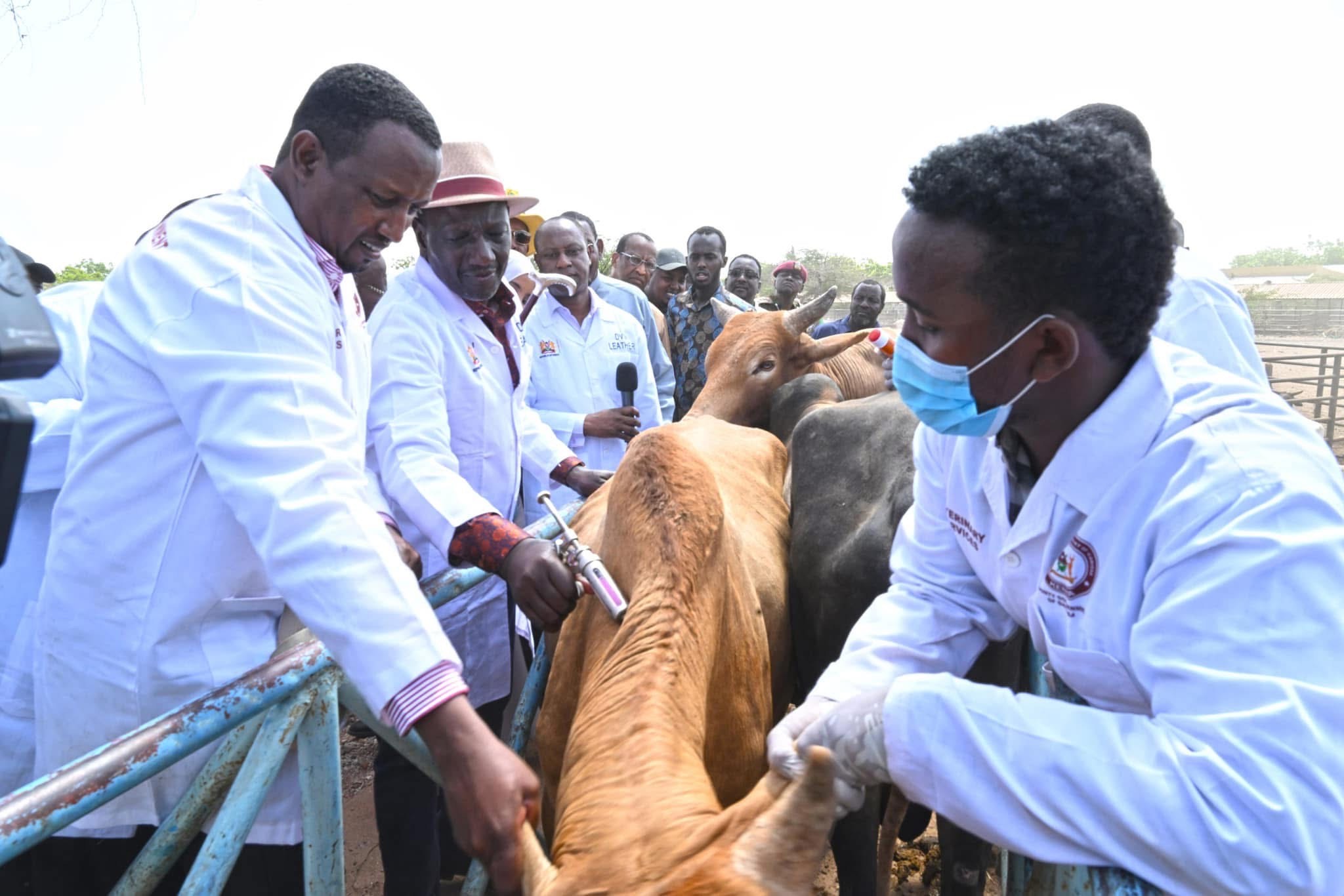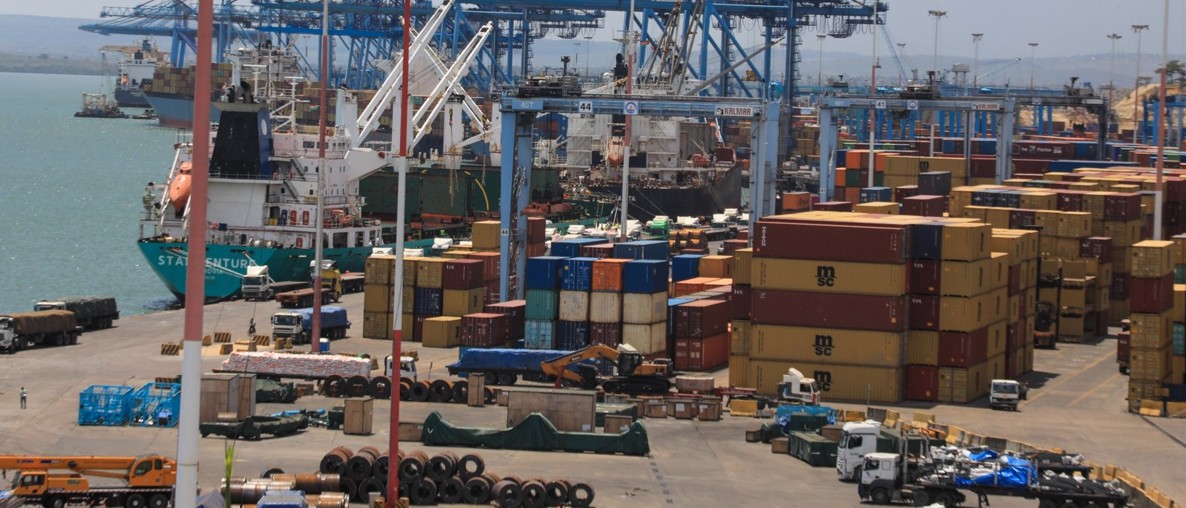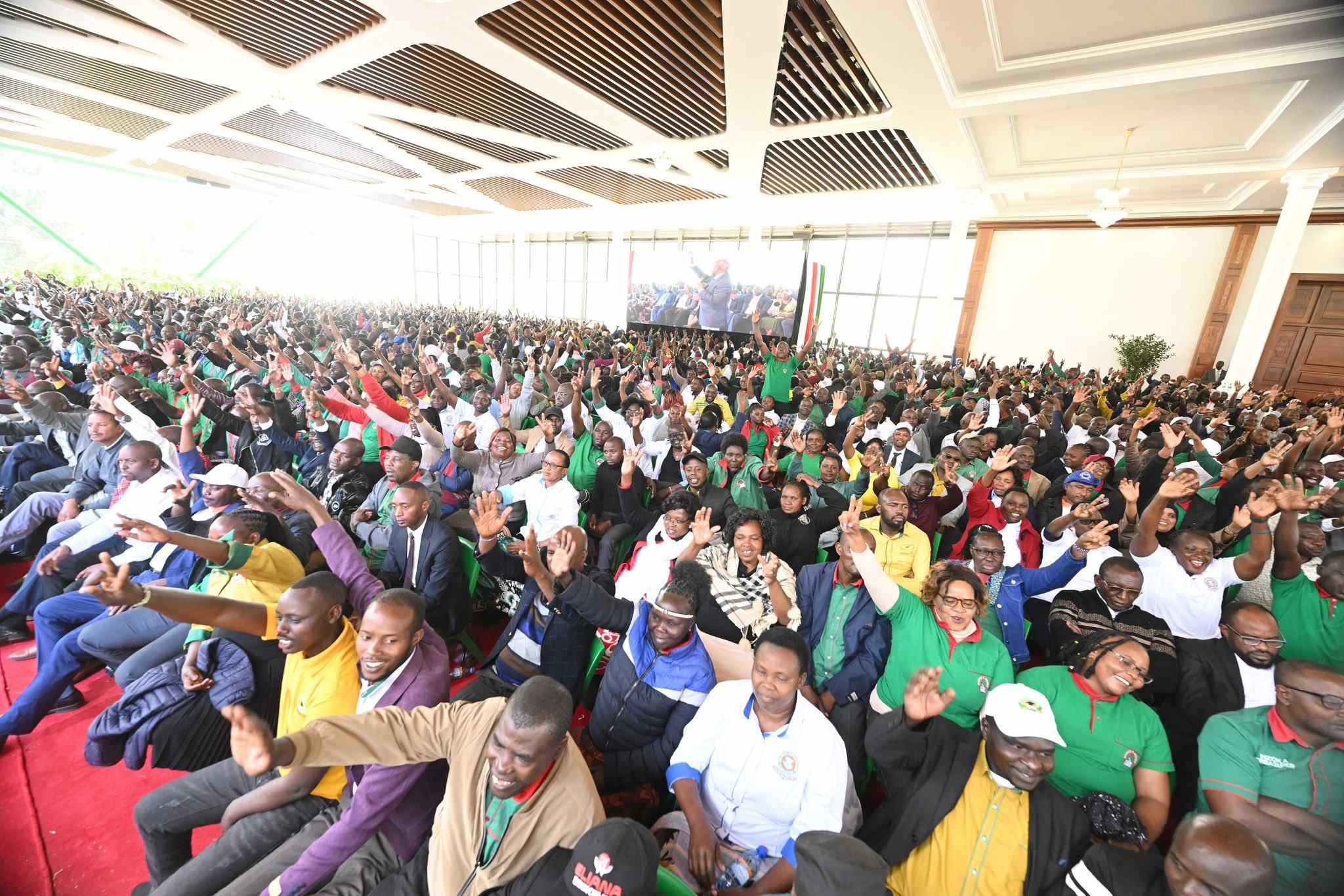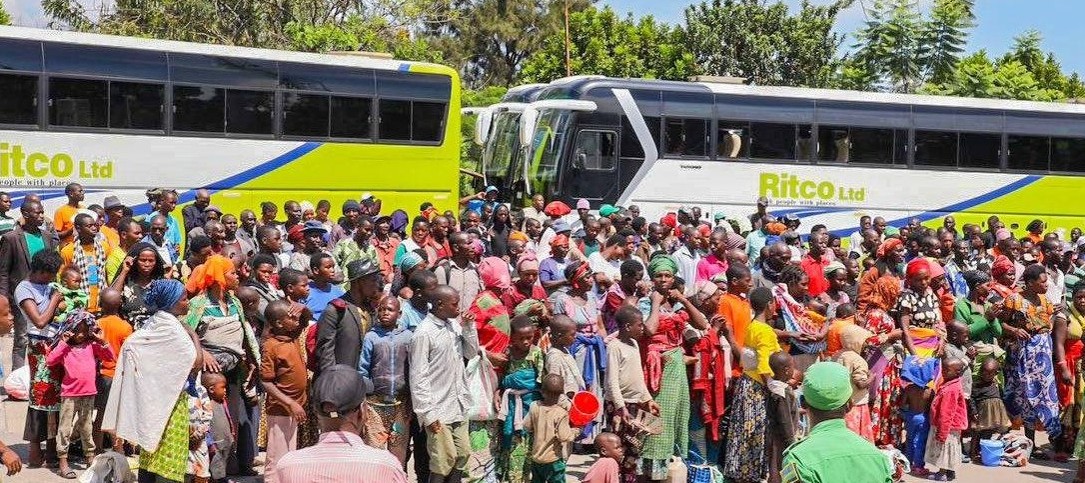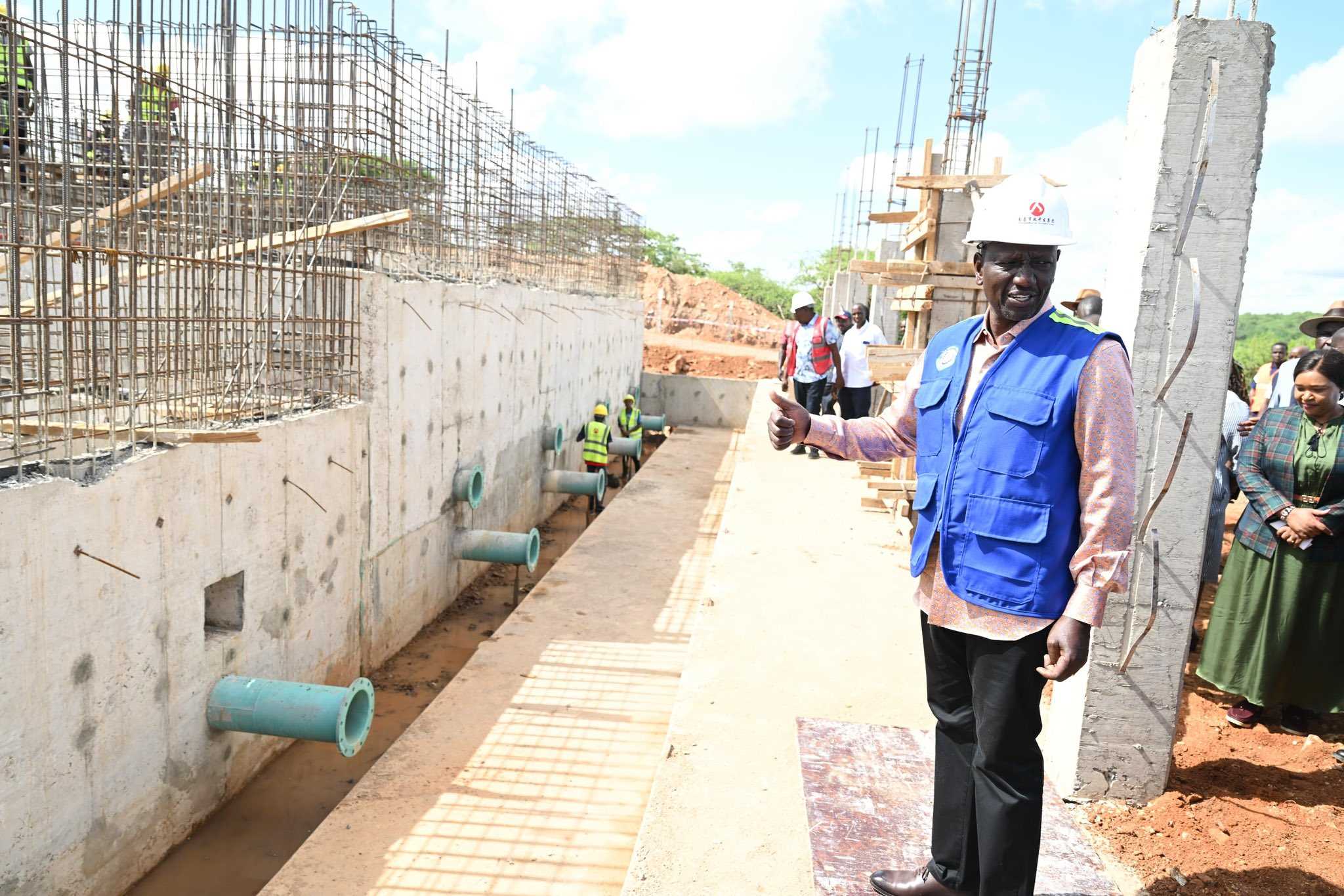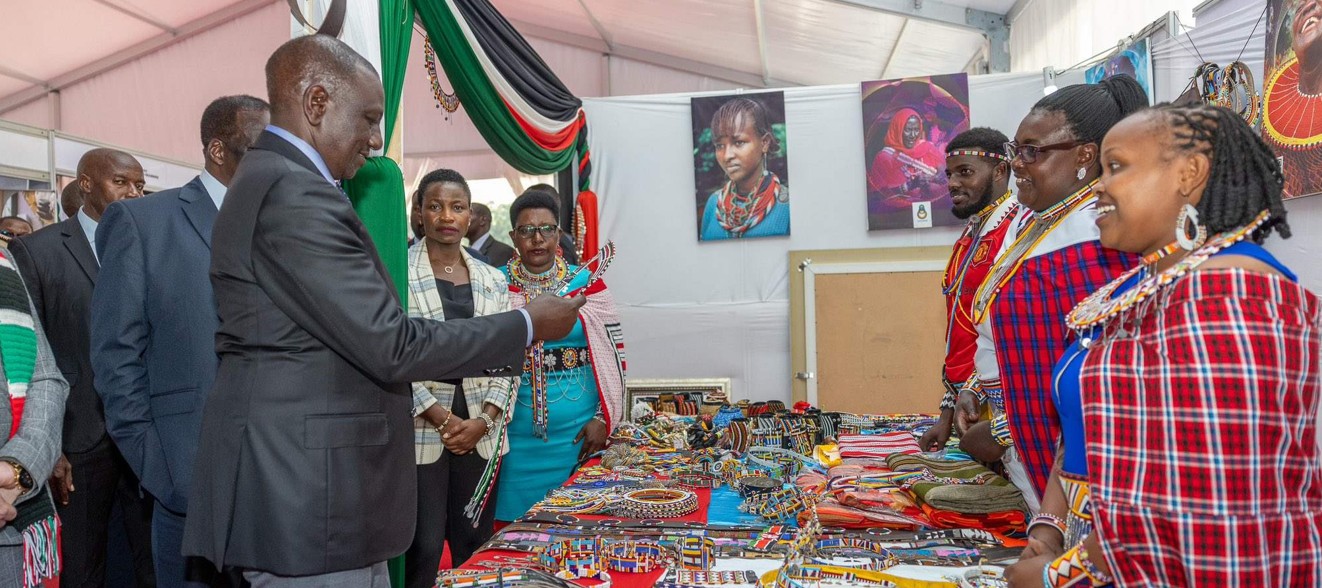Ruto says public demand for affordable housing has replaced doubts with excitement

Ruto says the affordable housing programme has 230,000 units under construction, driving jobs, student accommodation, market development, and community growth across Kenya
President William Ruto used his State of the Nation Address to provide a detailed update on the affordable housing programme, highlighting major construction progress, rising citizen demand, and connections between housing, markets, student accommodation, and environmental restoration.
The programme, he noted, began amid doubts from many who questioned its feasibility. It faced dismissal, resistance, and periods of uncertainty. According to the President, public perception has now shifted as the work has expanded.
More To Read
- Government to build 50 mega dams to transform Kenya’s agriculture - Ruto
- Ruto terms Hustler Fund largest financial inclusion programme since independence
- Ruto announces plans to dual key highways nationwide
- Ruto unveils Sovereign Wealth Fund to boost savings, infrastructure and stability
- Ruto says fibre-optic growth powering faster eCitizen services and digital access
- Watch: President William Ruto's State of the Nation address
“Today, those doubts have given way to a very different question from Kenyans everywhere: How do I get one of those units?” he told lawmakers.
Current government data shows that work is underway on 230,000 housing units nationwide, the largest number handled under a single national programme.
Increase supply
The rollout includes both small projects and large multi-storey developments implemented through public, private, and joint public-private arrangements. The President explained that the goal is to increase supply in urban and semi-urban areas while ensuring participation from local contractors and suppliers.
Student accommodation was another focus. The government has packaged 178,000 student beds for universities, technical institutions, and medical training colleges, with 74,000 already under construction.
According to the President, the education sector has long suffered from limited investment in student housing, forcing many learners to rely on informal arrangements. The new plan aims to expand predictable and structured living spaces that support access to training and higher learning.
The government considers the programme part of a broader effort to link affordable housing with opportunities for young people.
Markets also featured prominently in the update. Across various counties, 276 new markets are under construction, with 175 more in the pipeline. These facilities are intended to support micro and small business traders and ensure that new settlements develop alongside commercial infrastructure.
The President outlined a plan for housing centres and trading areas to grow together, especially in regions facing congestion and unplanned expansion.
Nairobi River regeneration programme
The Nairobi River Regeneration Programme was highlighted as another key initiative, connecting environmental restoration with housing development. A total of 44,000 young people have participated in clearing, rehabilitation, and preparing the river corridor for 10,000 homes.
So far, the programme has created over 428,000 jobs across construction, engineering, design, transport, and supply chains. The President projected that employment could reach one million workers at peak activity next year.
He framed the programme as a long-term plan to expand employment, support business growth, and advance environmental renewal.
Ruto explained that the housing agenda reflects constitutional values, including equity, dignity, and sustainable development, which guide the direction of current and future programmes aimed at strengthening communities and broadening economic opportunities across Kenya.
Top Stories Today
